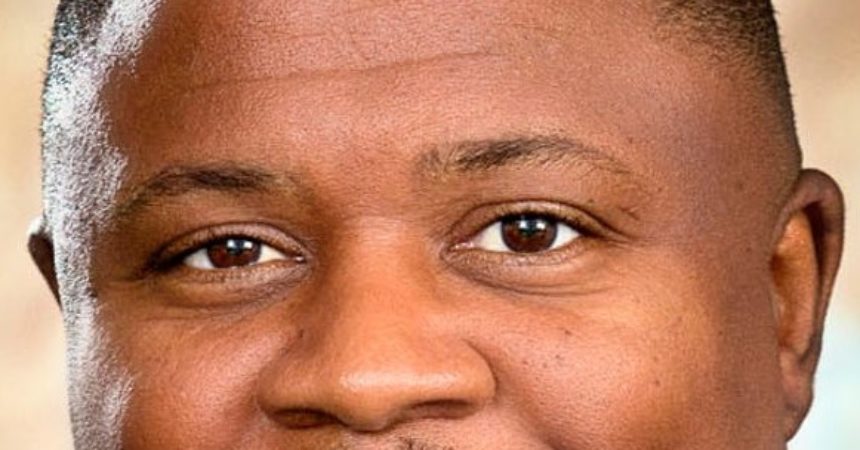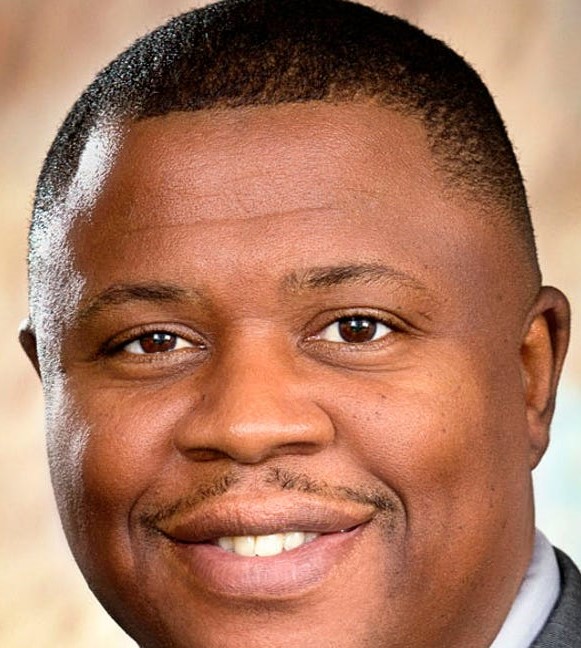
Black lives need to matter to more Black people

Vaughn Wilson
On Wednesday, July 8, the City of Tallahassee unveiled its statement against systemic racism in a street mural that covers the intersection of Gaines Street and Railroad Avenue. The placement of the art is significant itself as it resides on the crossroad and divider road between Florida A&M University and Florida State University. The words “Black Lives Matter” have stood as the mantra for the national movement for Black equality and the abolition of police violence against Blacks.
The mixed-race crew of city utilities workers took pride in their creation. The team worked in unison with an obvious air of anxiety as it approached time to remove the stencils that formed the lettering.
Tallahassee Mayor John Dailey has been transparent in support of the fight for equality, posting a video message on his personal Facebook page shortly following the sparkplug of the whole movement, the death of George Floyd.
After the unveiling of the mural, he made a statement that clearly is a call for improved race relations in the city.
“It is important for our residents to hear their elected officials say unequivocally that Black lives matter,” said Dailey. “But we know that words must be supported by action and that is why we remain committed to doing the hard work and providing the necessary funding to ensure that we are building a better Tallahassee for everyone, especially those who have borne the burden of historic and systemic racism.”
Dianne Williams-Cox, Mayor Pro Tem of Tallahassee, echoed the sentiment. “We must seize this moment that is resonating globally with our actions. These three words speak loudly through 401 years of continued oppression,” she said.
Dailey, who is White and Williams-Cox, who is Black, appear to have a handle on what is needed for progress in the Black community. Members of the community must work together to build bridges and decimate the racial divide. The numerous incidences of police killings of Blacks around the country peaked when the video of Floyd’s horrendous death at the hands of a seemingly malignant law enforcement officer surfaced and went viral. Too many times had the Black community has seen officers skirt the system and continued unscathed with their careers after doing acts that equate to the lynching of a Black person in plain sight.
While the attention of the world seemingly has be transfixed on the Black Lives Matter movement, with a diversity of protesters that has become its modus operandi, another factor must not be lost in this movement. In order for Blacks to have people to feel like it is not okay to kill us, we must stop killing us.
On July 4, and during the holiday weekend, at least six children were gunned down senselessly. Many more Blacks of all ages were caught in unsuspecting crossfire of young Blacks wielding guns who had no regard for human life. Black men opened fire in the Riverchase Galleria Mall at the food court in Birmingham, Ala., killing an 8-year-old boy and injuring others.
In Atlanta, videos went viral of the shootings in the open which claimed the lives of several Black youth. The scene was more reminiscent of a war zone from the Middle East than an urban area of a metropolitan city at the center of Georgia. I lost an innocent 20-year-old family friend in that reckless gun-wielding episode.
In Houston, the daughter of popular radio show host and comedian Rickey Smiley was shot three times in the crossfire by some Blacks she did not know. The sight of her blood spattered about the car was horrifying. Fortunately she had successful surgery and is expected to recover. In the aftermath of the surgery, Smiley revealed that there are five people in his home and two of them had been victims of gun violence. That 40 percent in his household includes Smiley himself who at a young age was shot by a reckless young Black male.
Often, trying to bring this discussion to fruition is met with the notion that you should not discuss the Black Lives Matter movement and Black-on-Black crime in the same environment. My question is “Why not?”
In 2018, Blacks were killed 88 percent of the time by another Black, according to the National Review.
Killing of a Black person is killing of a Black no matter what color the perpetrator is. Blacks do not get a pass to kill Blacks! So often this discussion has been derailed at the very thought of discussing it in a public setting. If we don’t bring it up now, when is the right time? Our youth are dying by the dozens every week it is not discussed and another family is left in its wake to grieve.







